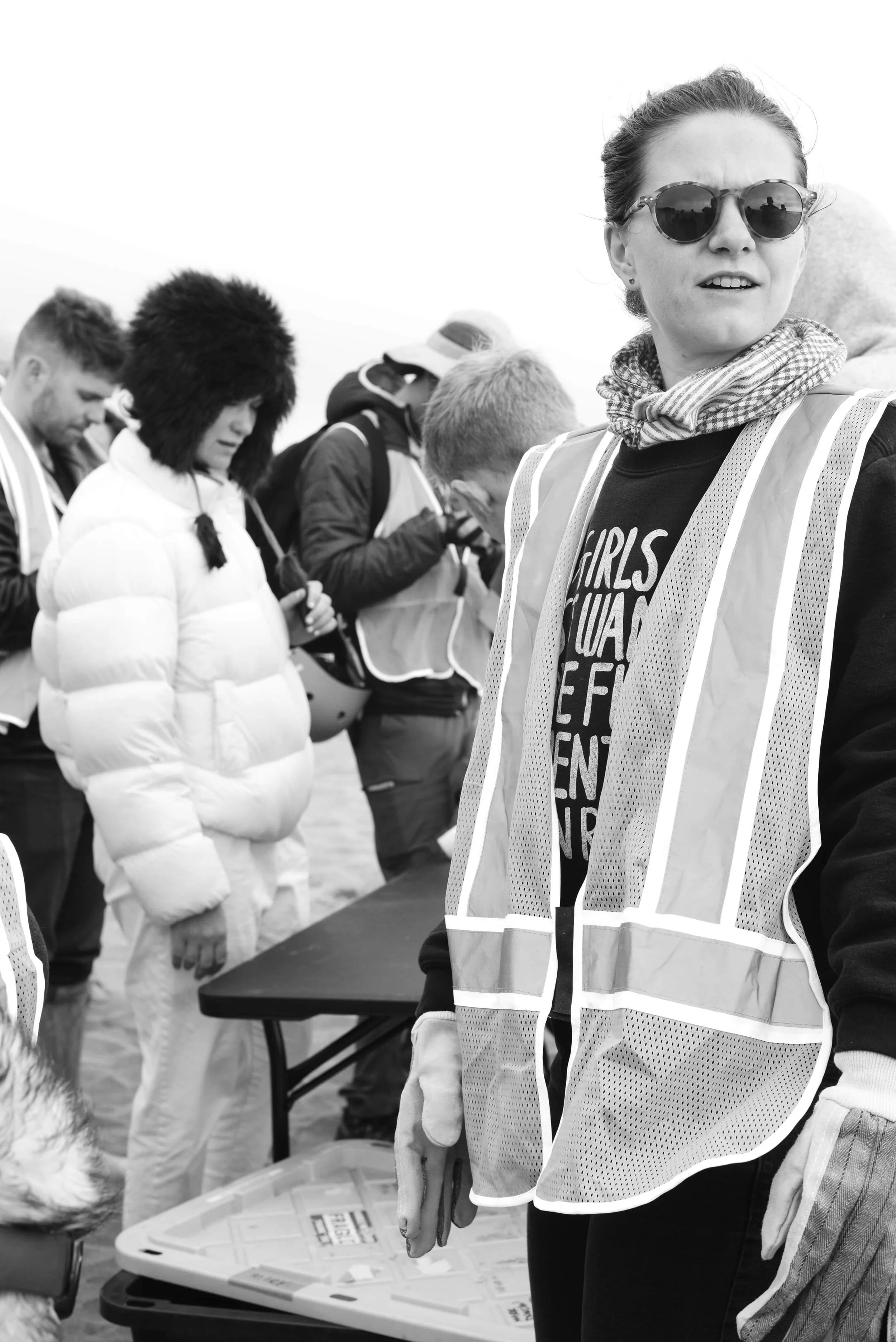Economic views ↓
My economic views are shaped by the work of Thomas Piketty, who argues in his book Capital in the 21st Century, that income and wealth inequality is increasing worldwide, with disastrous consequences for social and political stability.
To address these issues, I believe in the principles of doughnut economics by Kate Raworth, which emphasizes the importance of creating a socially just, environmentally sustainable, and economically viable economy. The doughnut model posits that a thriving economy must operate within the boundaries of the planet's ecological systems while also meeting the basic needs of all people and promoting equitable distribution of resources.
I’m a bad capitalist. Why? Because I believe in welfare capitalism and not shareholder capitalism, and in the US, that has completely disintegrated. I believe that economies are only as strong as their weakest link. Workers' rights and well-being should be paramount - then the money will flow.
Intersectional Financial Feminism ↓
Intersectional financial feminism is an evolving framework that combines the principles of intersectionality and feminism within the context of 21st-century American capitalism. It recognizes that people's experiences of gender inequality are shaped by their intersecting identities, such as race, class, sexuality, and ability. It acknowledges that these identities interact to create unique economic discrimination and disadvantage.
At its core, intersectional financial feminism seeks to address individuals' gendered and economic inequities by examining how various social systems and structures intersect to shape financial outcomes. It recognizes that gender inequality is not a standalone issue but intersects with other systems of oppression, such as racism and classism, creating complex and interconnected challenges.
Intersectional financial feminism aims to challenge and dismantle these intersecting forms of oppression by advocating for policies, practices, and systems that promote economic justice for all individuals, particularly the most marginalized. It seeks to address the gender wage gap, the wealth gap, financial exclusion, and other economic disparities through an intersectional lens.
Learn more here.
Educational views ↓
My educational views are influenced by the work of Carol Dweck and Angela Duckworth, who emphasize the importance of a growth mindset and grit in achieving academic, professional, and personal success.
Human Rights ↓
My view on human rights is that everyone should have them. If they are not anti-racist and intersectional, I’m not about it.














